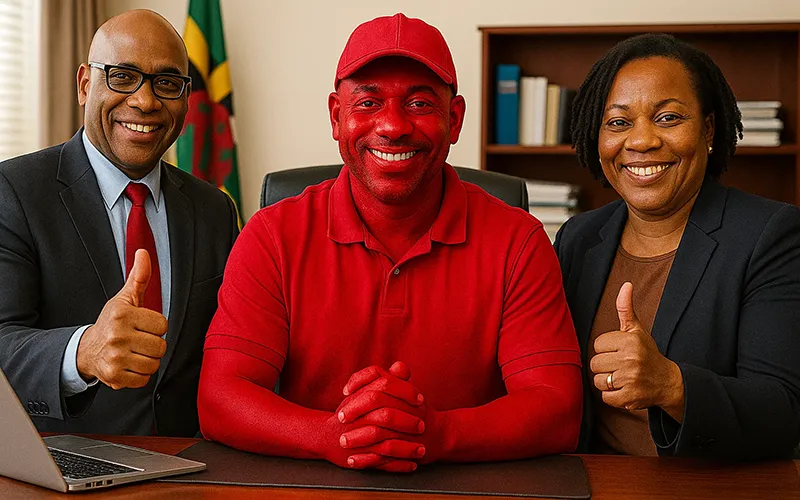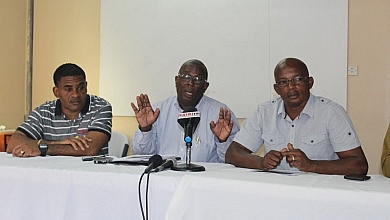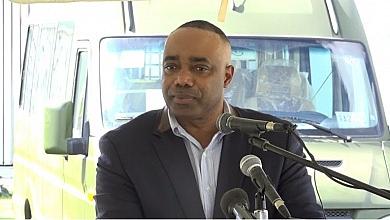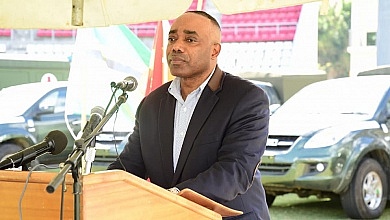Merit or Loyalty? How Governance Decisions Shape National Security in Dominica

The question of who gets hired and why has never been more urgent in Dominica, especially for those entrusted with the nation’s security. As violent crimes increase, prison overcrowding worsens, and trust in law enforcement wanes, Dominicans are beginning to confront an uncomfortable truth: many key public appointments are not based on competence, but on political allegiance. And the effects ripple far beyond personnel decisions, they shape the very fabric of national security.
The Camera Debate: A Case Study in Public Distrust
On the surface, rolling out surveillance cameras across Dominica appears uncontroversial. But as the push for more advanced coverage gains momentum, it’s prompting debate over who really manages the tools meant to keep the public safe.
One suggestion, that a private, independent firm should handle the camera installations instead of police officers, was met with concern about cost and logistical feasibility. But the real debate is about trust. Should a force that is already viewed as politicized be in charge of installing and monitoring surveillance? Or is it time for a neutral, professional entity to take over?
These aren’t just technical questions, they speak to a larger crisis in governance culture, where loyalty is often prioritized over effectiveness, even in areas that demand high integrity and specialized skill.
Who Guards the Guards?
A pointed proverb “Who will guard the guards?” perfectly captures the public’s frustration. If those in power select and promote security personnel based not on skill, training, or character but on their political alignment, who is left to protect the public from abuses of that power?
The sentiment is echoed in the streets and on the airwaves. From callers to commentators, Dominicans are increasingly pointing to the erosion of meritocracy as a root cause of dysfunction in the justice and security sectors. When police promotions are influenced by political patrons, it becomes harder for officers to act independently or enforce the law impartially. And when individuals are assigned leadership roles not for their competence but for their connections, the system itself becomes fragile.
The Cost of Political Appointments
This loyalty-over-merit culture is not confined to policing. It extends into other arms of government where crucial decisions are made, including ministries, statutory boards, and diplomatic postings. The long-term effects are clear:
- Low public morale among qualified professionals who are overlooked
- Operational inefficiencies, especially in crisis situations
- Reduced accountability, since loyalty often guarantees protection
- Public disengagement, as citizens lose faith in state institutions
In the context of national security, the consequences are even more dangerous. Public safety cannot be maintained by people who are unqualified, politically indebted, or afraid to act without permission.
The Case for Competence
Amid the frustration, some voices are calling for a cultural shift, toward merit-based governance where effectiveness, not affiliation, determines appointments. No private enterprise could survive if its hiring decisions were based on friendship or favoritism. “You hire people because they are responsible, competent, and get the job done, that’s how you grow.”
The same principle applies, or should apply, to the public sector. Dominica cannot afford a security apparatus that is staffed by party loyalists rather than capable professionals. The stakes are too high, and the risks too real.
Can We Fix It?
There is no quick solution, but there is a clear path forward:
- Establish independent hiring and promotions committees for the police and civil service
- Audit recent high-level appointments to determine alignment with professional criteria
- Create transparent performance evaluations and accountability mechanisms
- Reduce political interference in operational departments, especially those linked to national security
The underlying shift must be cultural. Dominica must decide what kind of society it wants to build, one where positions are earned, or one where they are gifted for loyalty. The answer to that question will determine whether national security remains fragile or becomes resilient.
Final Thought
Leadership is not just about holding office,it’s about who you empower and why. And in Dominica, that question is becoming unavoidable. Because when loyalty overshadows merit, we don’t just weaken institutions, we endanger lives.
This article is copyright © 2025 DOM767








